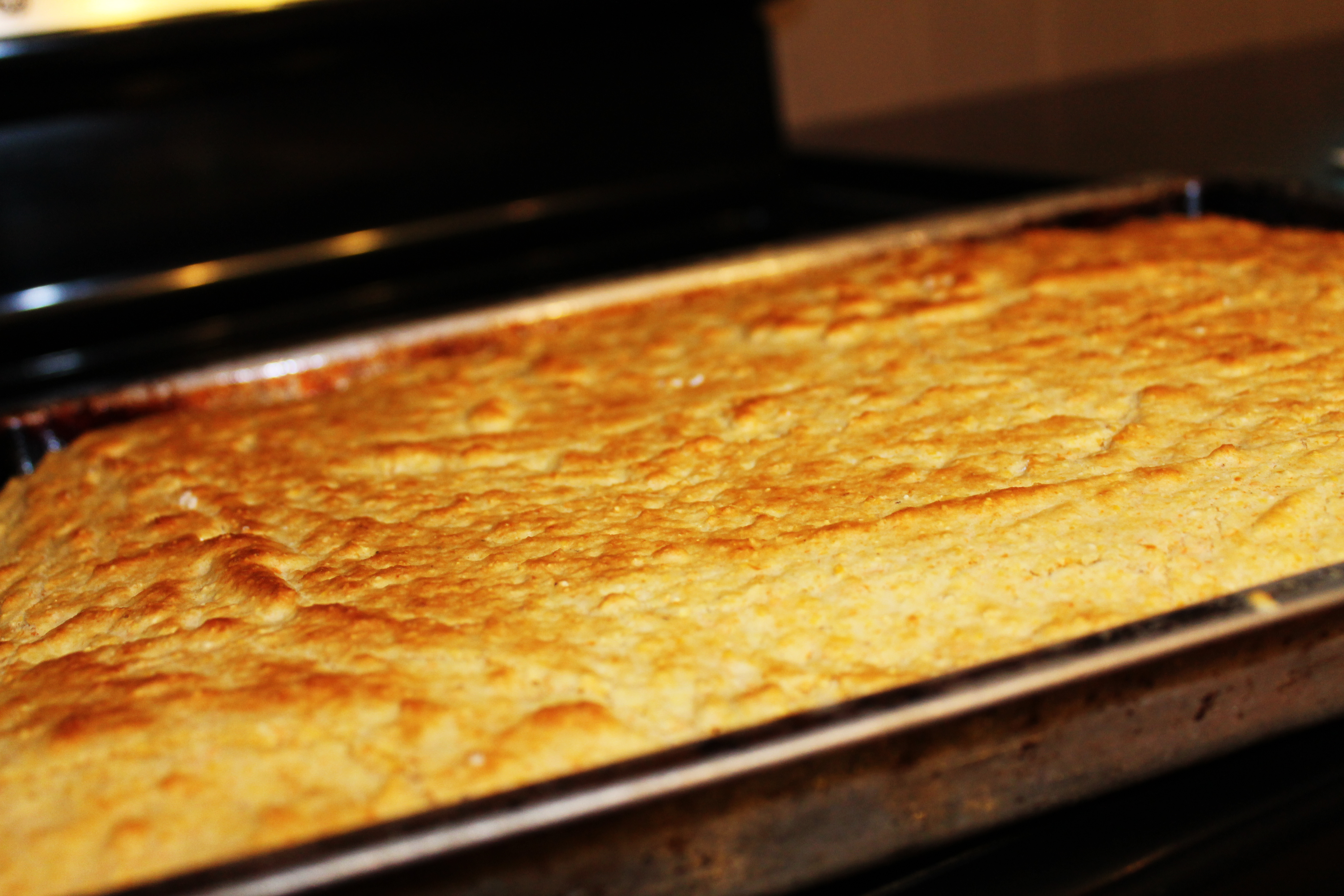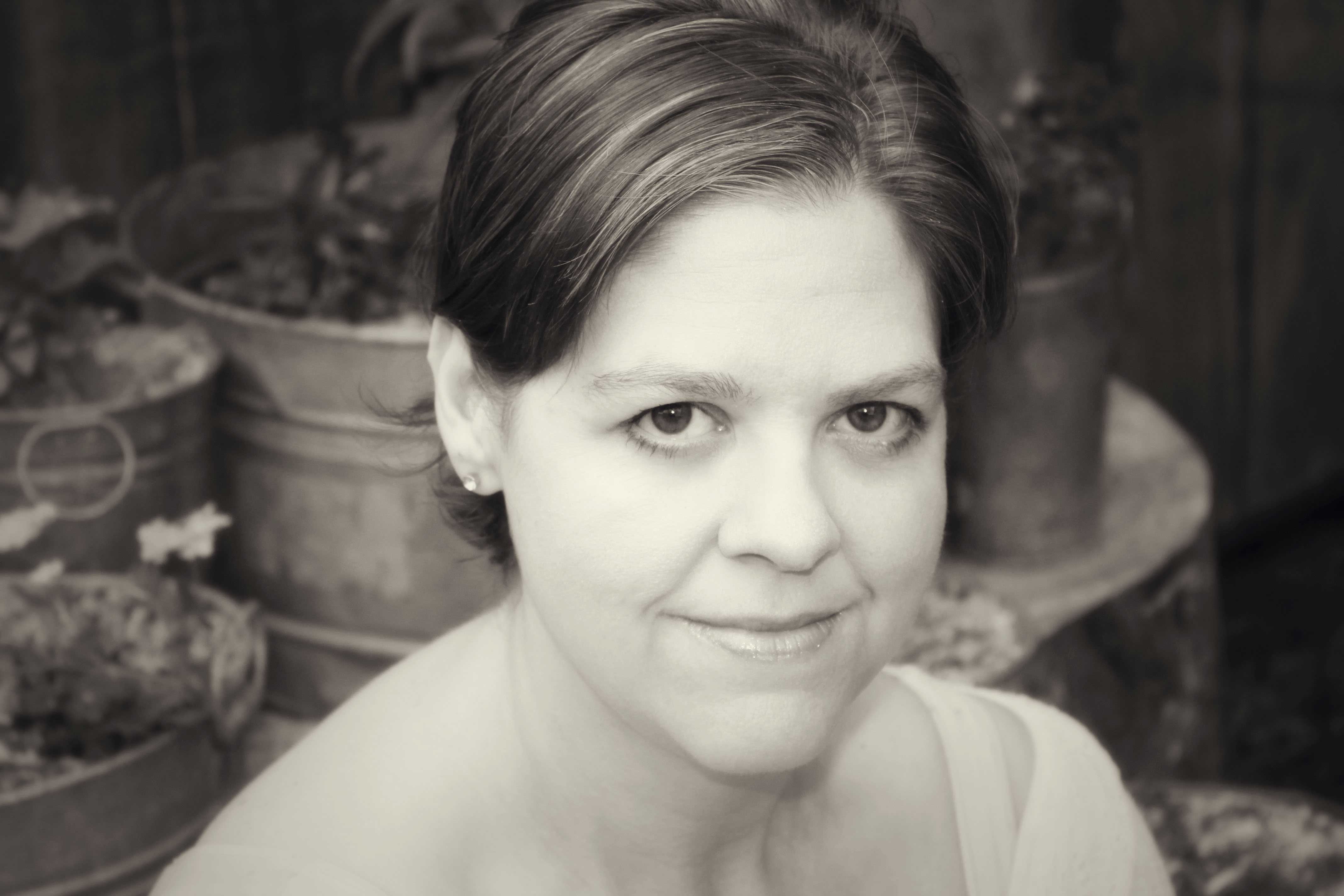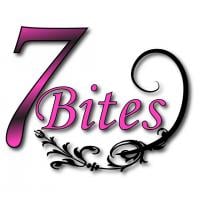WLS and the Gluten Free Diet: 5 Myths Busted

It’s no secret that one of the most prominent diets-of-the-moment is the gluten free diet. Millions have jumped on the gluten free bandwagon, including many bariatric patients. Some sing the praises of the diet, claiming the health benefits are intensive. Others claim the diet is a fad and there is absolutely no nutritional benefit to eating this way. Here we will discuss some of the myths and truths of the gluten-free diet, and how it can affect someone with WLS.
Myth #1: A Gluten-Free diet is a very healthy way to eat.
FALSE: There are just as many UNhealthy gluten-free foods on the market as there are healthy ones. A trip down the gluten free aisle of any supermarket will prove that - cookies, cakes, pretzels, pastas, chips … There are as many gluten free choices in junk food as you can possibly imagine. And here’s the biggest problem with that: many gluten-free products have added sugar and/or fat to compensate to make the texture and/or flavor more palatable. It's also important to note that gluten free does NOT mean organic or GMO free, so if these are concerns for you, be sure to check for organic, non-gmo labels.
Myth #2: Only people with celiac disease should follow a gluten-free diet
FALSE: While celiac disease is the #1 cause for going gluten free, it’s not the only reason. There are millions of people that share a gluten sensitivity or intolerance that would greatly benefit from removing gluten from their diets. This can be characterized by bloating, digestive issues, rashes, migraines, and other health issues. The only way to be sure if you have a sensitivity or not is to undergo an elimination diet which completely removes gluten for a time period. After a period of time (generally a month or more) gluten is slowly reintroduced into the diet with notes made on any reaction that occurs.
Myth #3: EVERYONE can benefit from a gluten free diet.
FALSE: If you DON’T have celiac or an intolerance, there really is no health benefit to removing gluten from your diet. It won’t HURT you, to be sure, but it won’t necessarily HELP you either.
Myth #4: You can’t go gluten-free without buying expensive products at your health food store.
FALSE: It’s actually quite simple to eliminate gluten from your diet without having to buy anything special. Focusing your diet on fresh, whole foods like fruits, vegetables, meats, and dairy will automatically put you on the right track. It’s also possible to find several breakfast cereals, snack crackers, and other items in your regular grocery store for not a huge amount of money - just be sure to read labels!
Myth #5: Gluten is only found in wheat items, and if you eat corn, oats, or rice, you’re safe.
FALSE: Many items made with corn, oats, and rice DO contain wheat or wheat by-products (such as dextrose). This is used to improve texture in many products. Additionally, some oat and corn products do contain gluten! It’s very important that if you’re going completely gluten free that you read labels. Of course you know to look for items such as wheat, but it’s also very important to look for other ingredients you might not think of. Dextrose, barley, rye, dextrin, vegetable protein, etc. For a full list of ingredients to avoid, do a google search - there are a multitude of great sites with this information. The simplest solution is to look for items that are labeled “gluten-free” right off the bat.
While a gluten-free diet isn’t for everyone, there are still many people that benefit from it. Studies are showing that some WLS patients, especially sleevers, begin to show signs of gluten intolerance after surgery (along with lactose intolerance). If you think you might be gluten intolerant, try a gluten free diet for a time, then re-introduce wheat products slowly to check for a reaction. If you think you might have celiac disease, check with your doctor - they can run extensive tests to find out if you are.
Symptoms of gluten intolerance include weight gain, bloating, depression, skin conditions, digestive issues, and a myriad of other ailments. Celiac disease is characterized by similar conditions, and also includes canker sores, numbness in extremities, and joint pain. .
Sources of this article include Web MD, Wheat Belly by Dr. William Davis, Go Gluten Free magazine, and various online websites. For a complete list of sources, contact the author at Admin@7BitesShow.com
Its not only about diet change to be gluten free you also have to change your soaps, shampoos, lotions, laundry detergents and many other products. It is just not food.
What prompted me to write this article is a conversation I was having with a fellow sleever a few weeks ago. Shortly after her surgery she started having symptoms that her doctor diagnosed as a gluten intolerance. Around the same time, I began having similar symptoms - I began getting a rash on my legs and arms, I started getting stuck in my weight and having bloating, even began getting canker sores at odd times. As it turns out, I also now have a gluten sensitivity. Over the course of the last couple of weeks, I've spoken with several other sleever friends that have also had similar problems. So I did a Google search and found this article and several others on just this subject. I also did a quick check on Web MD and read the book Wheat Belly. With this information in hand, along with a diagnosis from my daughter's endocrinologist that she may have a gluten sensitivity as well, I put myself and my daughter on a gluten-free diet (her's was doctor recommended). My rash, canker sores, and bloating have all disappeared, and some of my daughter's issues are also starting to dissipate.
I am curious as to how many others have developed gluten sensitivities after WLS? Have any of you? I'd love to hear your stories!
I would imagine anything you touch that can get into your skin you would have to change. I know that diet changes help but if you want to be totally free you have to change everything. Sort of like wls. Your whole life changes.
My son has celiac and gluten intolerance runs in my husbands family. After allergy tests were inconclusive for my grandchildren, my daughter chose gluten free. Both of my grands are very aware of their diets, and will ask, "Is that gluten free?" It gets tough on them at parties, but they survive! It Is NOT diet food! If people should want diet, they should try paleo instead. It will make people who have gluten-intolerance, celiac, IB, and other problems clear up if they stick to gluten free. Best wishes to all. Karen
I am RnY..my problem here is not gluten or celiac..my problem is bread (except Ezkeil bread, which I eat) in general, whether it be gluten free or whole grain. It is a highly process food product. Being Gastric, I can not eat bread, it 'doughs-up' in my esophagus and gums up my pouch for hours and makes me feel vomity. By the time the 'Wheat/Whole Grain' reaches the shelves in markets, it has been so violated, chemicalized and changed, can we really call it 'Whole' anymore'???
I am RnY..my problem here is not gluten or celiac..my problem is bread (except Ezkeil bread, which I eat) in general, whether it be gluten free or whole grain. It is a highly process food product. Being Gastric, I can not eat bread, it 'doughs-up' in my esophagus and gums up my pouch for hours and makes me feel vomity. By the time the 'Wheat/Whole Grain' reaches the shelves in markets, it has been so violated, chemicalized and changed, can we really call it 'Whole' anymore'???
I only wish I could find Ezkeil bread








☠carolinagirl☠ 18,722
Posted
thanks for posting this
i enjoyed reading
Share this comment
Link to comment
Share on other sites